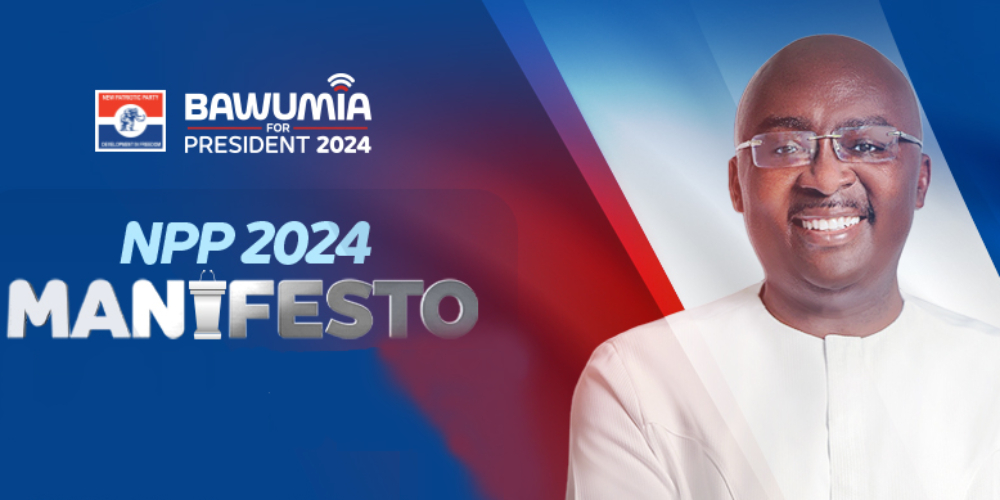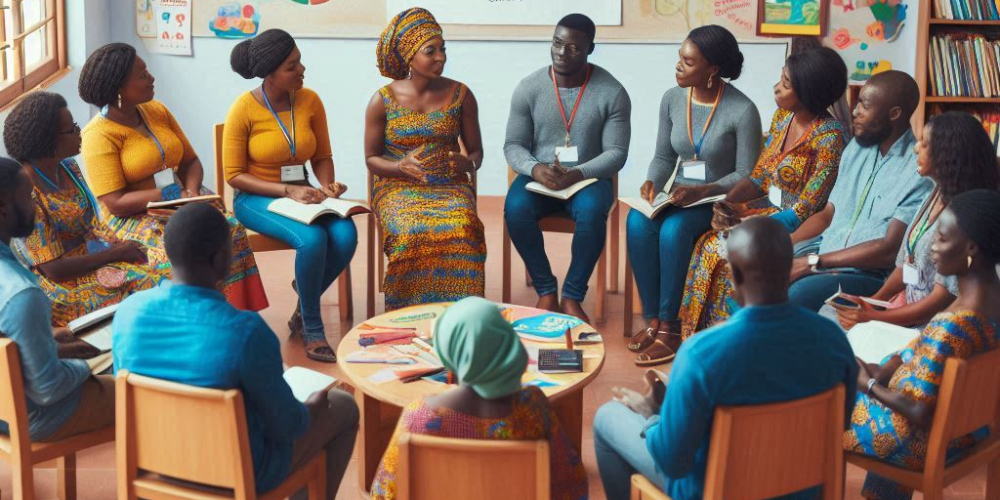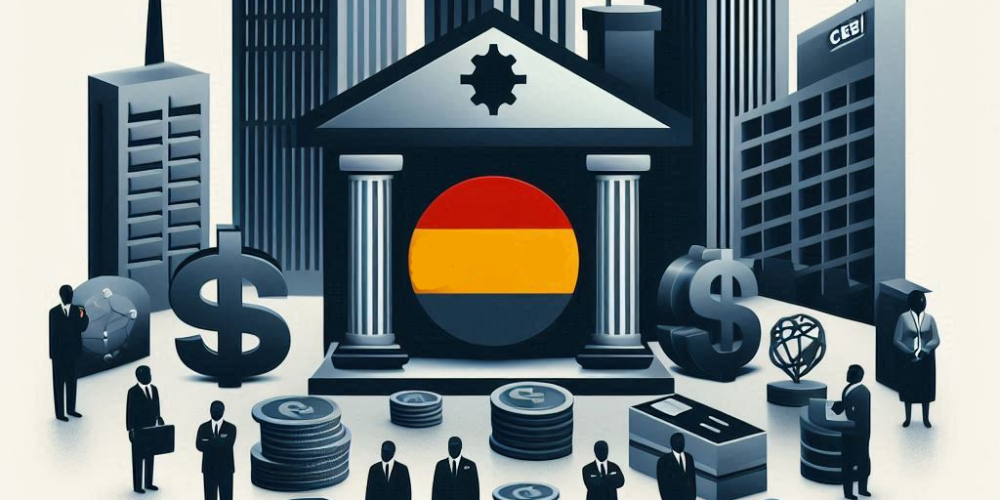My vision for Ghana’s urban working class emphasizes reducing the cost of living and creating a supportive economic environment. My policies focus on sustainable food security, stable transportation costs through investment in electric vehicles, and affordable housing with options like rent-to-own and rental schemes. To ensure stable energy, I plan to introduce 2000MW of solar power, making energy more accessible and affordable. Additionally, I aim to enhance public safety by recruiting security personnel and creating good-paying jobs through partnerships with private firms.
In supporting the elderly, I will propose an Ageing Act to improve the quality of life for older adults by providing better healthcare, social safety nets, and legal protections. The Act will establish structured programs that address the specific needs of the elderly, helping them live with dignity and independence. The Act will include provisions to prevent elder abuse, create reporting systems, and strengthen pensions to guarantee a secure retirement, with well-managed investments for long-term sustainability.
On education, I envision reinforcing and enhancing Ghana’s Free Senior High School (SHS) program while facilitating pathways for international recognition of Ghanaian tertiary qualifications. My policies aim to protect job-ready graduates from mandatory national service, allowing them to enter the workforce immediately, strengthening Ghana’s professional landscape and boosting the national economy through a well-prepared, globally recognized workforce.
Frequently Asked Questions
Question 1: How does Dr. Bawumia plan to stimulate job creation in Ghana?
Answer: Dr. Bawumia plans to cut 3% of GDP from government spending, redirecting it towards private sector involvement in public infrastructure, which will support business growth and accelerate job creation.
Question 2: How will Dr. Bawumia’s government support small businesses and artisans with access to financing?
Answer: Dr. Bawumia’s government will create an SME Bank to help small businesses and artisans get easier access to funding. They will also strengthen the Venture Capital Trust Fund to provide long-term financial support for businesses in areas like education, manufacturing, and healthcare, helping them grow with early-stage investments.
Question 3: What tax incentives are being proposed for start-ups to encourage growth in their early stages?
Answer: Start-ups will receive Investment Tax Credits (ITC) for their first three years, helping them reduce costs and reinvest in growth. This support aims to boost economic growth. Additionally, digitizing tax processes will make filing easier and more efficient, encouraging more people to start businesses.
Question 4: What is the government’s plan to expand social housing for low-income workers?
Answer: Dr. Bawumia aims to significantly increase the availability of affordable housing through various programs, including rental assistance schemes and rent-to-own options. These initiatives will make it easier for low-income workers to secure housing without the burden of large upfront costs, providing a stable and dignified living environment.
Question 5: How will the proposed Ageing Act improve the lives of elderly citizens?
Answer: The Ageing Act will create structured policies and programs that address the specific needs of the elderly. This includes better healthcare services, social safety nets, and protection against discrimination. It will ensure that older adults can live independently and with dignity, with the necessary support systems in place.
Question 6: What is Dr. Bawumia’s plan to reduce the cost of public transport?
Answer: By promoting Electric Vehicles (EVs) for public transportation, the Bawumia-led administration aims to reduce operational costs for transport operators by lowering fuel costs and maintenance expenses. EVs are more efficient and environmentally friendly, which can lead to lower running costs over time, making public transport more affordable for both operators and passengers.








